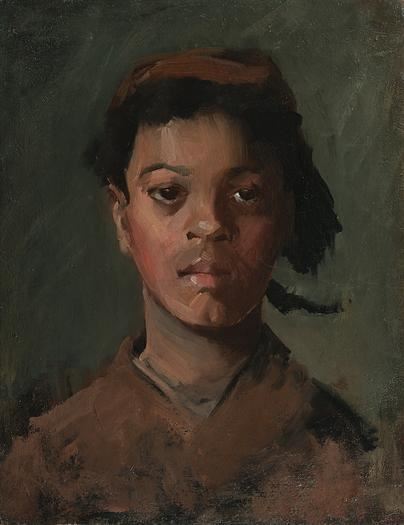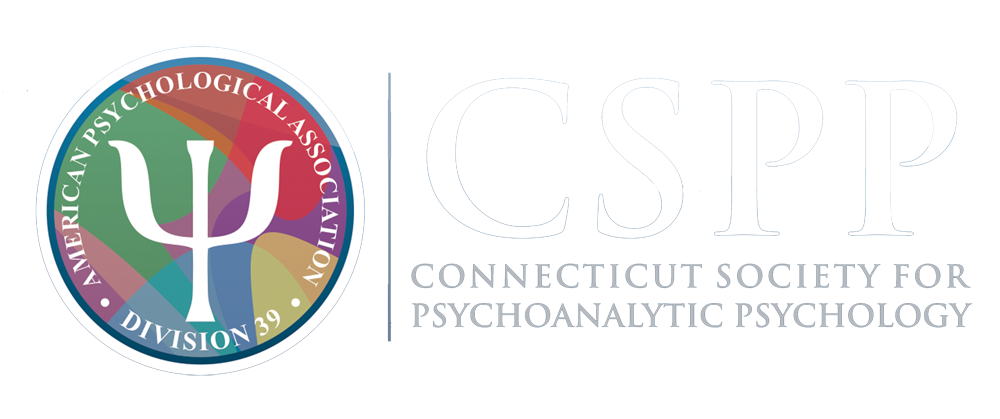The Connecticut Society for Psychoanalytic Psychology
Presents
Jackie Gotthold
Theorizing about Adolescent Development:
A Clinical Perspective

Saturday December 7, 2019
10:30 am – 12:30 pm
The New Haven Lawn Club
193 Whitney Ave, New Haven
Lunch will follow for all attendees
Speaker
Jackie Gotthold, Ph.D. is a faculty member, supervisor and training analyst at the Institute for the Psychoanalytic Study of Subjectivity. Additionally, she is a faculty member and supervisor for the Minnesota Institute for Contemporary Psychotherapy and Psychoanalysis.
Summary
Adolescents and clinical work?
The notion carries a mystique all its own. Why is that?
In this presentation we will reformulate notions of turmoil and upheaval and consider an approach to adolescent development and clinical work from a more contemporary psychoanalytic approach. Integrating ideas from Intersubjective Systems Theory, Attachment Perspective, and Relational/Self Psychological perspectives we will reconsider tasks of adolescent development and clinical work. Clinical vignettes will elucidate the integration of theories of adolescence with and the clinical perspective.
Location
The New Haven Lawn Club
193 Whitney Ave, New Haven
Conference Schedule
10:00 – 10:30 Registration and Continental Breakfast
10:30 – 12:30 Presentation
12:30 – 1:30 Lunch for All Attendees Included in the Conference Fee
If there are concerns about the weather, check back here for updated information about the conference.
To Register and Pay
Register and pay online with your credit card. There is a $10 discount for registering online reflected in website listed fees.
To pay by check, print and fill out the mail-in Registration Form and mail with your check to Conference Registrar, Matt Bukowski, LPC, 386 Prospect St. Apt. A1, New Haven, CT 06511. Mailed registrations must be postmarked by NOVEMBER 25 to ensure arrival in time.
Refunds will be given in full if the Conference Registrar, Matt Bukowski is contacted at Matt Bukowski no later than the Monday before the conference.
Members - remember to log in to register as a member.
References
Doctors, Shelley (2017) “Attachment-Individuation: Clinical Notes Toward A Reconsideration of “Adolescent Turmoil”.” Psychoanalysis, Self and Context, Volume 12, Number 4, 2017 (p. 386-397)
Doctors, Shelley (2008) "Notes On Incorporating Attachment Theory and Research Into Self Psychological and Intersubjective Clinical Work." International Journal of Psychoanalytic Self Psychology, 3:34–49.
Gotthold, Jacqueline (2009) “Peeling the Onion: Understanding Layers of Treatment” in Self and Systems: Explorations in Contemporary Self Psychology, Annals of the New York Academy of Sciences, Volume 1159, Issue 1 (p. 301-312) For a PDF of this article: Gotthold-2009
Beebe, B & Lachmann, F. (2014) The Origins of Attachment. Routledge Press, New York & London. Part II (p.95-138)
Beebe, B & Lachmann, F. (2014) "Organizing Principles of Interaction from Infant Research and the Lifespan Prediction of Attachment: Application to Adult Treatment" in Journal of Infant, Child & Adolescent Psychotherapy, (2:61-89 ) For a PDF of this article
Participants
The conference is appropriate for professionals interested in the practice of psychoanalysis and psychoanalytic psychotherapy. The instructional level of this conference is intermediate.
Learning Objectives
At the conclusion of this program, participants will be able to:
1) Outline details of three developmental tasks for adolescents in a contemporary psychoanalytic framework.
2) Apply an understanding of developmental tasks for adolescents to the clinical situation.
3) Articulate an understanding of co-creating and maintaining a therapeutic relationship with adolescents based on adolescent striving and maintaining an attuned empathic stance.
Continuing Education
This conference has been approved for for 2 continuing education hours (NASW & Div. 39)
Division 39 is committed to accessibility and non-discrimination in its continuing education activities. Participants are asked to be aware of needs for privacy and confidentiality throughout the program. If program content becomes stressful, participants are encouraged to process these feelings during discussion periods. If participants have special needs, we will attempt to accommodate them.
Please address questions, concerns and any complaints to Ellen Nasper, PhD, at Ellen Nasper.
Art: Portrait of an Adolescent by Sheldon Orrin Parsons, c1890
